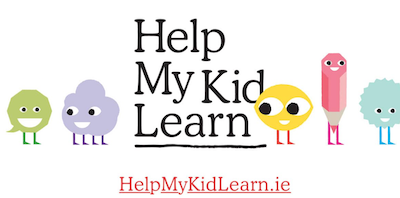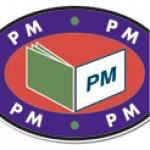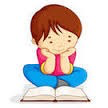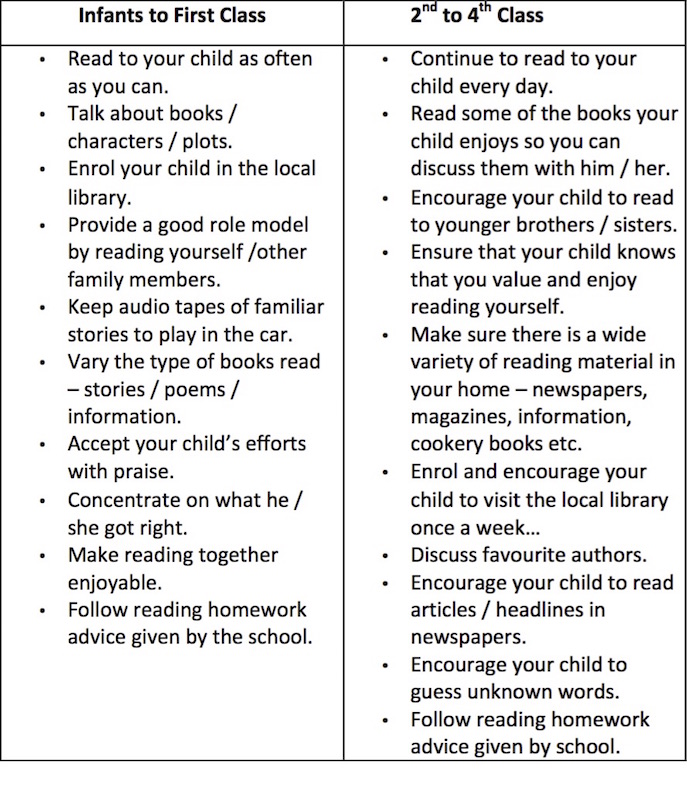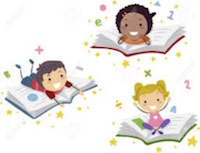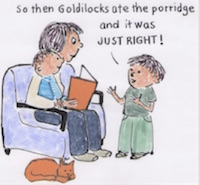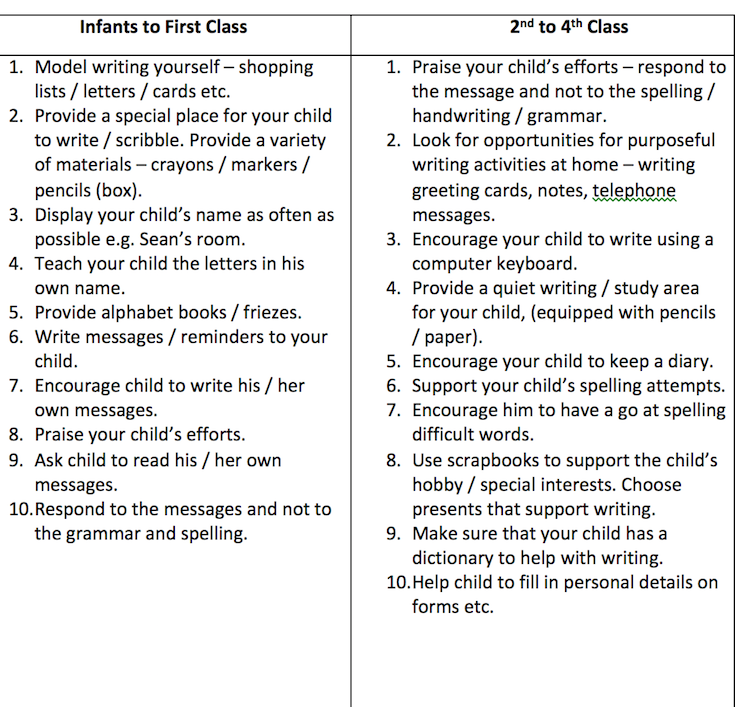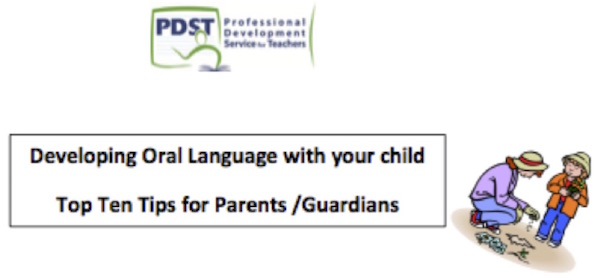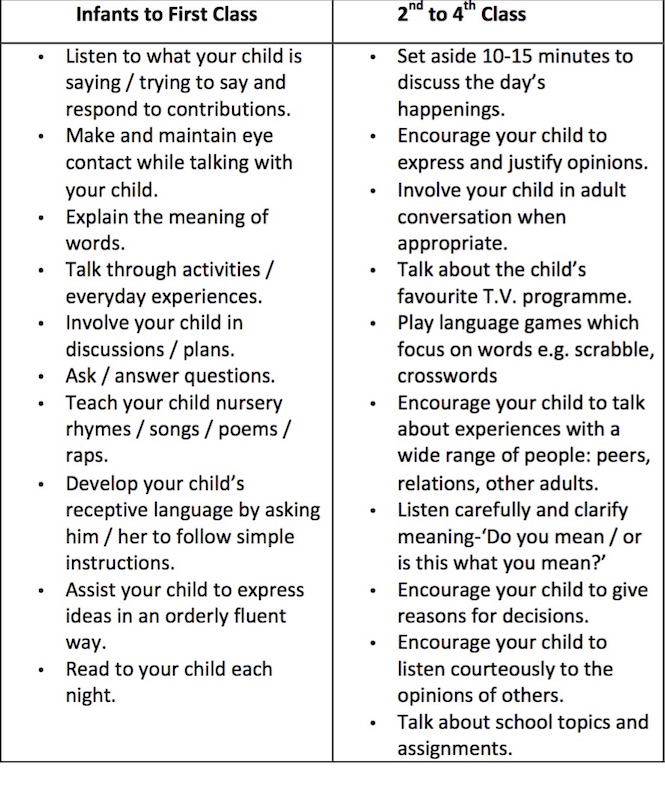In response to requests from parents for more information on the new approaches towards Literacy in our school, we have assembled some tips, and informative downloads for the school Literacy Link.
Links to suitable Literacy websites:
Please supervise your child as he accesses any of these websites and limit the amount of time spent on the computer. The school cannot take responsibility for any other content that may appear on these websites.
(Click on the images to access the websites)
www.bbc.co.uk/bitesize/ks1/literacy/
See below for:
Reading:
We expose children to Reading in many forms in all classes in our school e.g
We also teach reading using the Guided Reading approach.
What is meant by Instructional level?
How does Guided Reading help children to read?
Guided Reading helps students to develop…
**
Book Rental Scheme:
The School has received a dedicated book grant to finance Reading material and we have used this to buy books in the PM+ Guided Reading scheme. There will be no reading book on the annual book list for any class. Instead, there will be a book rental charge. This book rental charge will help to provide and maintain a wide range of suitable Guided Reading material for use across all classes in the school.
Assessment:
Initially, we will test each pupil on a piece of text approximately at his level using a running record to establish his instructional level. This is used to assign each child the correct book. Children will then work in small groups.
How do we organise Guided Reading?
Organisation of Guided Reading will vary between classes depending on the availability of other staff e.g. L.S. in-class support, and S.N.A.s
How can Parents help with Guided Reading at home?
It is important not to dwell on the level your son is reading at. Parents should avoid comparing children, as this could affect their self-esteem and confidence when reading.
Please remember:
Sometimes even fluent and confident readers don’t actually understand what they are reading. For this reason, it is important for children to develop comprehension skills. We will expose children to specific comprehension strategies as they progress through the school. Teachers will focus on one strategy at a time over a few months. The teacher will model using the strategy orally when e.g. reading Big Books, discussing stories, or Modelling Writing.
What Comprehension skills will be taught?
The following list includes the strategies that we will teach at each class level:
How can Parents help children to develop Comprehension Skills at home?
Allow time for reading every day at home. Please remember that reading and chatting about books with your child should be an enjoyable experience. The following suggestions are just informal prompts to help with chatting about stories during reading time at home. It would be better to focus on one strategy at a time to avoid confusion.
I listen to a story or read a story and then tell it again in my own words.
Where did the story happen?…
Who was in the story?…
What happened in the story?…
When?:
What happened first?…
What happened next?
What happened then?…
What happened in the end?…
Why do you think the story ended like that?…
We expose children to Writing in many forms in all classes in our school e.g.
- Writing patterns
- Letter formation
- Shared Writing
- News Writing
- Writing on the Interactive Whiteboard
- Completing worksheets
- Free Writing
As well as these Writing activities, we will introduce your child to a variety of writing genres as he progresses through the school. Teachers will focus on one writing genre at a time over a few months by e.g. Modelling Writing or doing Shared Writing.
The following list includes the strategies that will be taught per class level:
- Recount genre (All Classes)
- Narrative genre (All Classes)
- Report genre (Junior Infants and First Classes)
- Procedural genre (Senior Infants)
- Persuasive genre (Second Classes)
How can Parents help children to develop Writing Skills at home?
The following suggestions are just informal prompts to help explain more about Writing Genres. As mentioned already, classes usually focus on one strategy at a time over a few months.
See also: Tips for helping your child with writing, in general, at home

